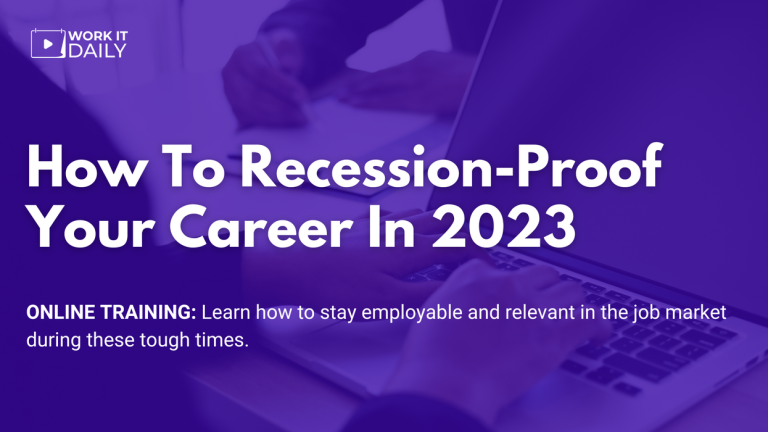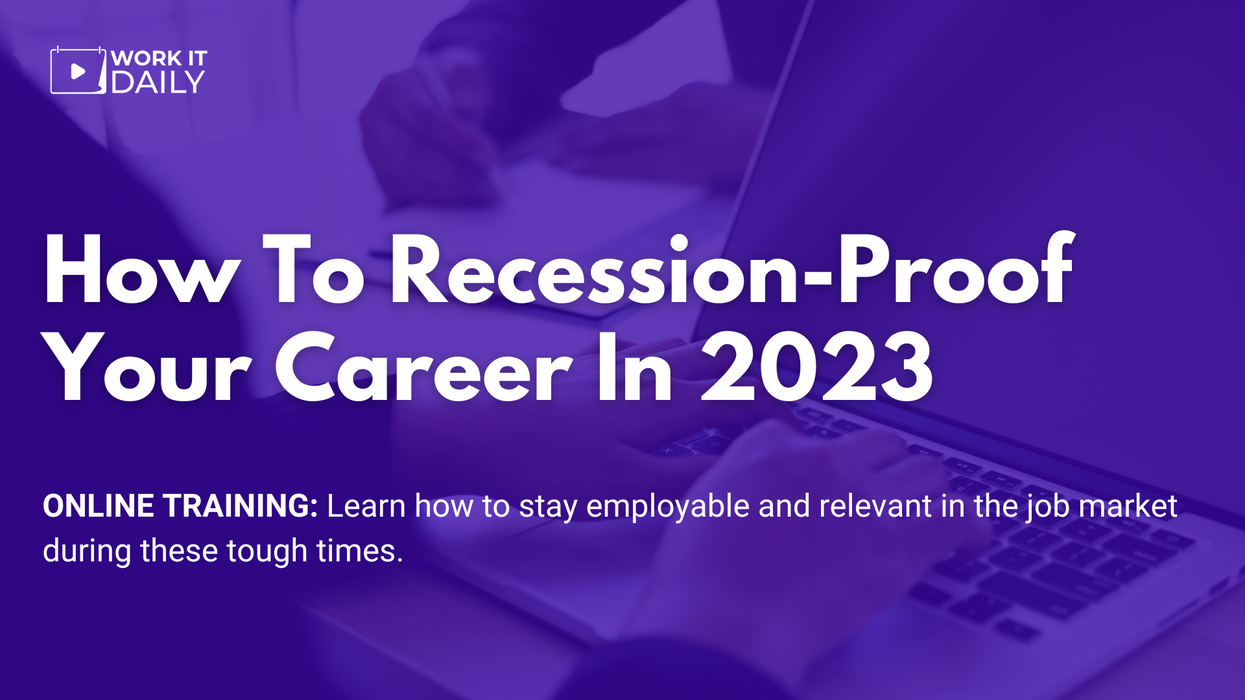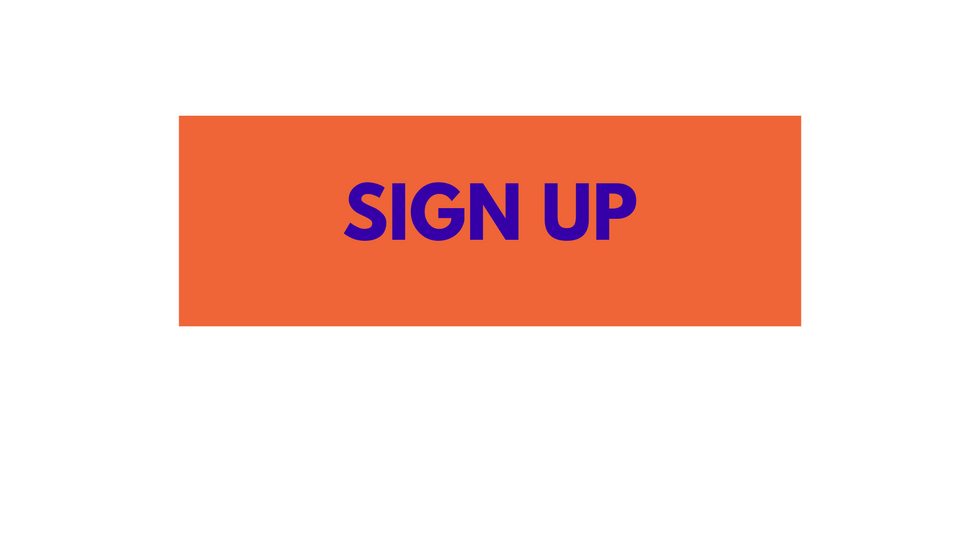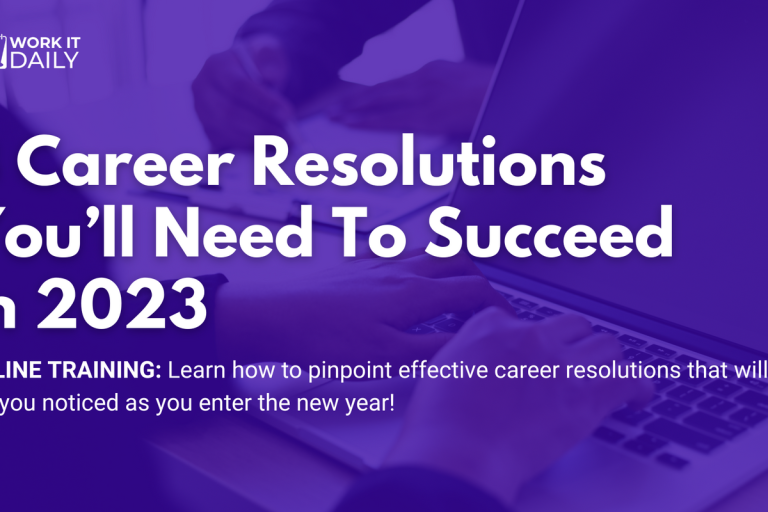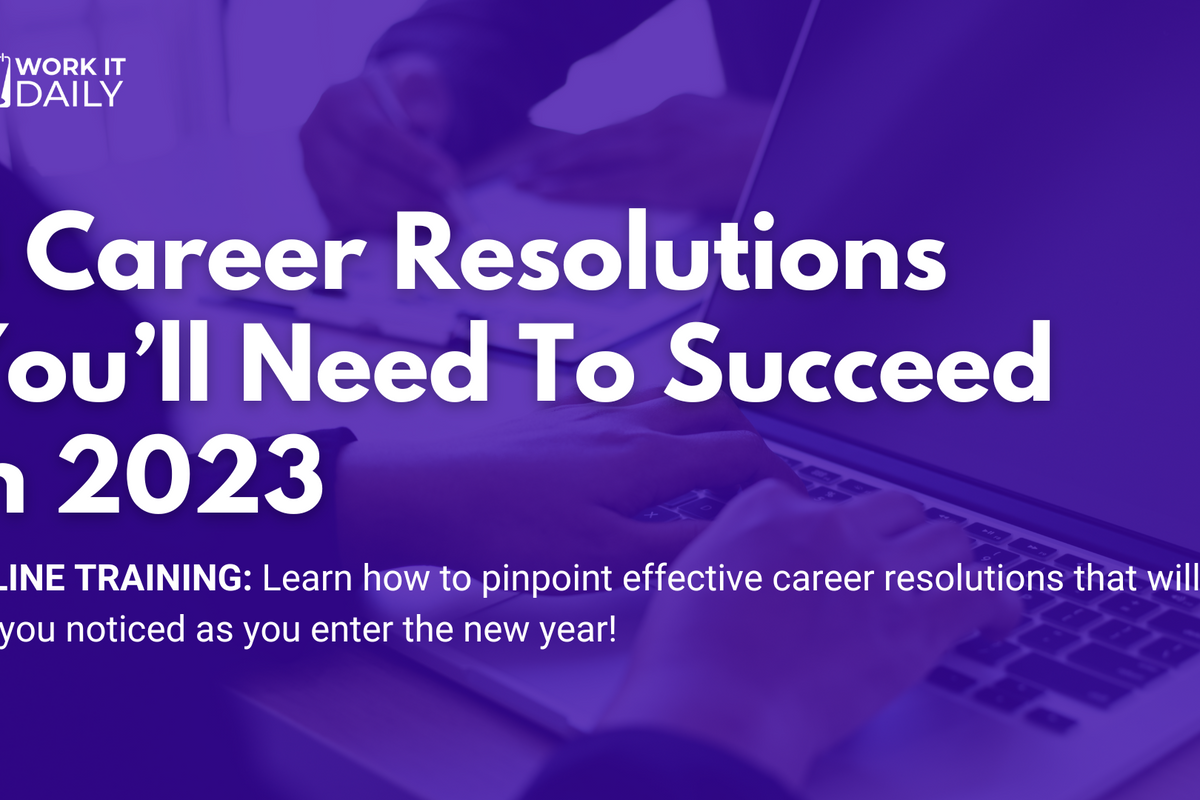
At Work It Daily, we have a saying: “If you’re not growing, you’re dying.” For context, we’re talking about your career. You must constantly work on your career to grow as a professional so you can stay relevant and employable. Professional development should always be on your mind as a business-of-one. But what you do to grow as a professional might change over time. What you focus on developing this year might be completely different from what you focused on last year.
We recently asked our leading executives what word defines their professional development focus for 2023.
Here are their responses…
John Schembari, Senior Education Executive
Investment. How do we invest participants in the professional development that they receive? Far too often, professional development is a one-size-fits-all, lowest common denominator, sit-and-get rather than an opportunity for participants to review relevant data, define personal and collective areas for growth, prioritize initiatives (1-3) that will target the growth area, and then analyze impact. Therefore, I’m not a fan of “one and done” trainings but, rather, a huge proponent of ongoing PD in the form of revolving professional learning communities (PLCs) and affinity networks.
John Schembari is a current K-12 teacher/school leader academic improvement coach and former school building and district administrator. He loves to draw, travel, swing dance, and read nonfiction.
Carla Biasi, Personal Stylist

Creativity!
I want to find fun ways to engage my followers and bring more of my personality to my communications. It will make me think more out of the box and focus my content. And I’m really looking forward to connecting with viewers.
Carla Biasi is a personal stylist living on the Mississippi Gulf Coast. She currently has her own business and works part-time at an upscale women’s boutique and as a virtual and kit stylist for a womenâs specialty brand.
Michael Willis, Sports Business Operations Executive

My professional development word for 2023 is âarticulate.â
By definition, articulate means expressing oneself readily, clearly, and effectively.
In everything we do, we must find the words to articulate our intentions with vigor to make ourselves believable.
The first question in any job interview will be, âTell me about yourself.â You will be asked to do this. Your answer will set the tone for the rest of the interview. Many job seekers get stumped on this question. You must be able to âarticulateâ a persuasive and illuminating response.
A picture may be worth a thousand words, and you may have an excellent visual presentation. But with that graphic, you must be able to âarticulateâ communicatively and understandably what the visual is trying to show the audience.
In 2023, I will work on my âarticulationâ skills.
Michael Willis has 18+ years of experience working with accounting & sports organizations and has managed P&Ls of $10M – $125M+ with budgets of $3M-$50M+. He worked for the NFL for 22 1/2 years, mainly with the game officials working on the financial/accounting side of the business.
Mark Taylor, Product & Operations Executive

âCommitment.â Doing the best I can at any one moment, striving to be âbetter,â and letting go of those things I canât control.
Why? Well, Iâm forever on the hunt for practical methods of becoming more effective. As such, I recently watched Stutz on Netflix. Itâs a documentary directed by Jonah Hill about his therapist, Phil Stutz.
Phil, and fellow practitioner Barry Michels, have written two books: The Tools and Coming Alive. I started reading the latter recently.
There are a number of nuggets in the book that have made me sit up and take notice, not least this quote:
âThe reason you canât commit to anything is because it hurts you too much if it fails. Success means putting everything on the line and, if it doesnât work out, doing it again. And again. No blaming. No excuses.â
So, hereâs to true âcommitmentâ and “success” in 2023…
Mark Taylor has 20+ years of risk, technology, and product management experience working in global and regional financial services firms in the UK and the U.S. He’s managed teams of 40+, successfully addressed 100+ regulatory issues, and has saved companies $15M+.
Ana Smith, Talent Architect & Global Learning Strategist

Connection is my development focus for 2023!
Our workplaces play a significant role in our lives. Work affects both our physical and mental well-being in good ways and bad. The COVID-19 pandemic brought the relationship between work and well-being into clearer focus. According to the Surgeon General 2022, Workplace Mental Health and Well-being report, one of the biggest challenges we faced in 2022 (and onwards) is connection and community.
Connection is essential for human well-being. Connection is a basic human need, and people who feel a strong sense of connection to others are happier, healthier, and more resilient!
One of the ways that connection is important is that it helps to combat loneliness and isolation. When we feel connected to others, we feel less alone and more supported. This can be especially important in times of stress or difficulty, as it can provide a sense of security and comfort.
Connectedness also allows us to feel seen, heard, and valued. When we share our thoughts, feelings, and experiences with others, and they respond with understanding and empathy, it can help us to feel understood and accepted. This can be especially important for people who may feel marginalized or excluded in some way.
Especially important to me, connection plays a critical role in our ability to learn and grow. When we are connected to others, we have the opportunity to gain new perspectives and insights, and to learn from the experiences of others. This can help us to develop new skills, knowledge, and understanding, which can be valuable for personal and professional growth.
Finally, it is a key factor in our ability to experience joy, love, and belonging. When we feel connected to others, we can experience deep and meaningful relationships that bring us a sense of fulfillment and purpose. This can be especially important for people who may be struggling to find meaning or purpose in their lives.
Ana Smith helps people & organizations achieve their full talent potential by developing and co-creating people strategies and customized solutions, and turning them into impactful outcomes and collaborative relationships, using coaching as the “red thread.”
Debra Shannon, IT Executive

My 2023 focus is intentionality. In the past, Iâve tried to do everything but realized that I couldnât do it all despite my best efforts. Thereâs a quote by Andrew Benintendi: âYouâre going to struggle. Youâre going to do well. You canât really let the past or the day before â whether you had a good day or bad day â dictate the day you have that certain day.â A few things happened during the pandemic that made this really hit home for me. Everything happens for a reason and only worry about what you can control.
There will always be more personal/professional opportunities than I can physically do. Iâve learned that I need to be purposeful and prioritize and continually re-prioritize what is and isnât importantâeach day is important. I canât do it all and thatâs ok (and I’m getting better at admitting that). Iâm going to continue to be more intentional in what to plan and accomplish.
Debra Shannon is an IT executive who is also a CPA, CIA, and CISA. Her passion is turning chaos into calm. With her unique blend of experience in technology, project management, and auditing, she can break down complex business problems, identify practical solutions, and lead executive teams and business partners to embrace the value of technology changes.
Lisa Perry, Global Marketing Executive

For 2023, I’m focused on abundance. An abundance of five professional areas: connections, fulfillment, wealth, success, and happiness. I’ve worked to clearly define what this means for me across each of these five areas. For an abundance of professional connections, I’m looking to grow my social media network by 40% in 2023, as an example. I’ve laid out a detailed plan as to what it will take to achieve. To grow my social media network by 40%, I will post 2-3 times a week on LinkedIn, TikTok, and Instagram and connect with 100+ new people per week. I will track weekly, making it easier to measure my ongoing progress and success.
I also find it important to state the intentionality of my word, abundance, daily if I can, to stay focused, motivated, and driven toward my goal, which increases the likelihood of achieving it.
I know some things will come easy, but for other things, depending on how big they are, I will have to work at them. I will have to fight the busyness, distraction, intimidation, and fear that will show up. The key will be to stay persistent and motivated to remain committed. But my goal is to focus on the result of abundance.
Lisa Perry helps companies build leadership brands, driving loyal customers & delivering profitability. She does this through a process that builds brands consumers love. Her goal is to help companies develop, monetize, and grow their brands.
What word defines your professional development focus for 2023? Join the conversation inside Work It Daily’s Executive Program.









































